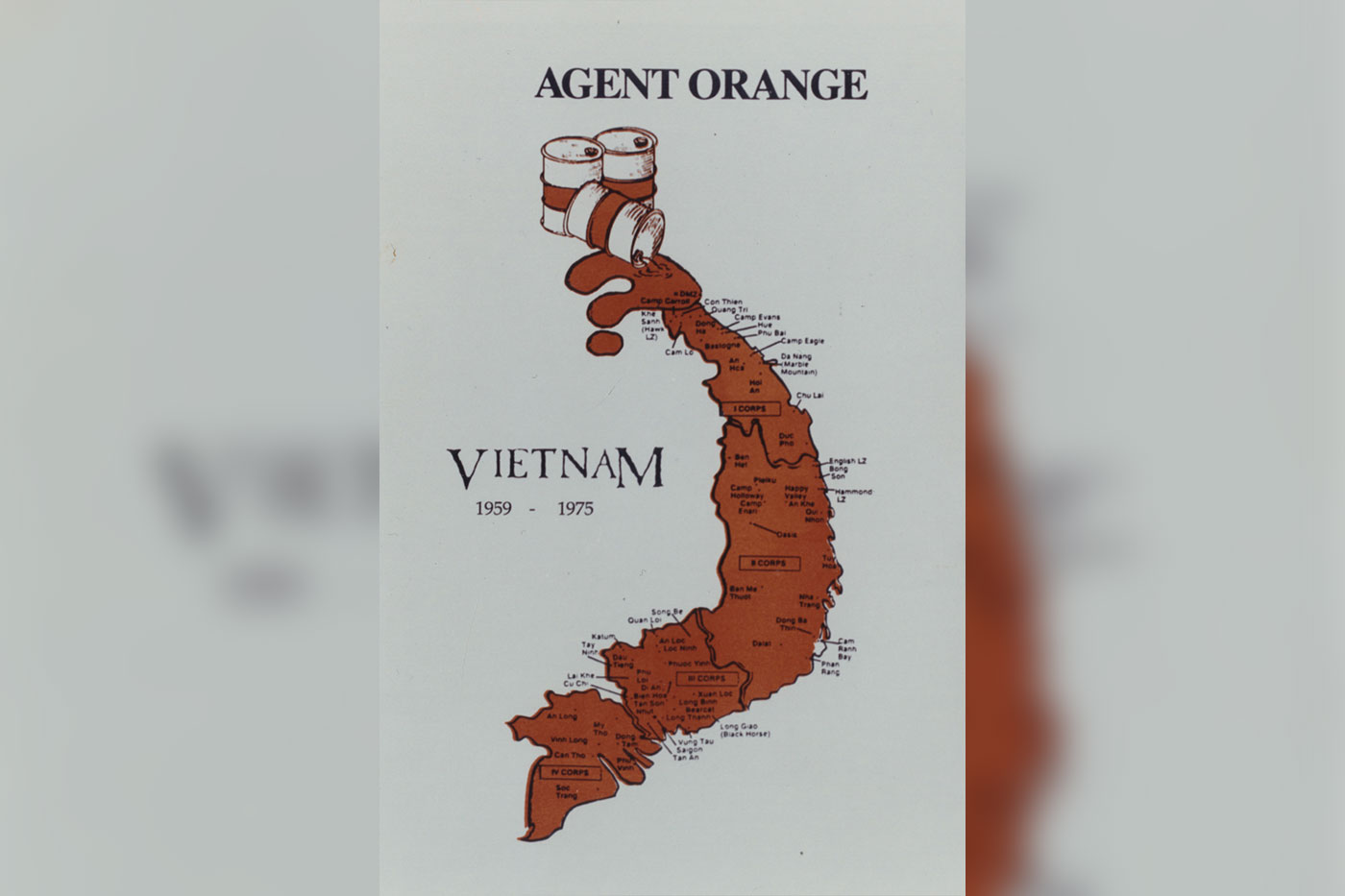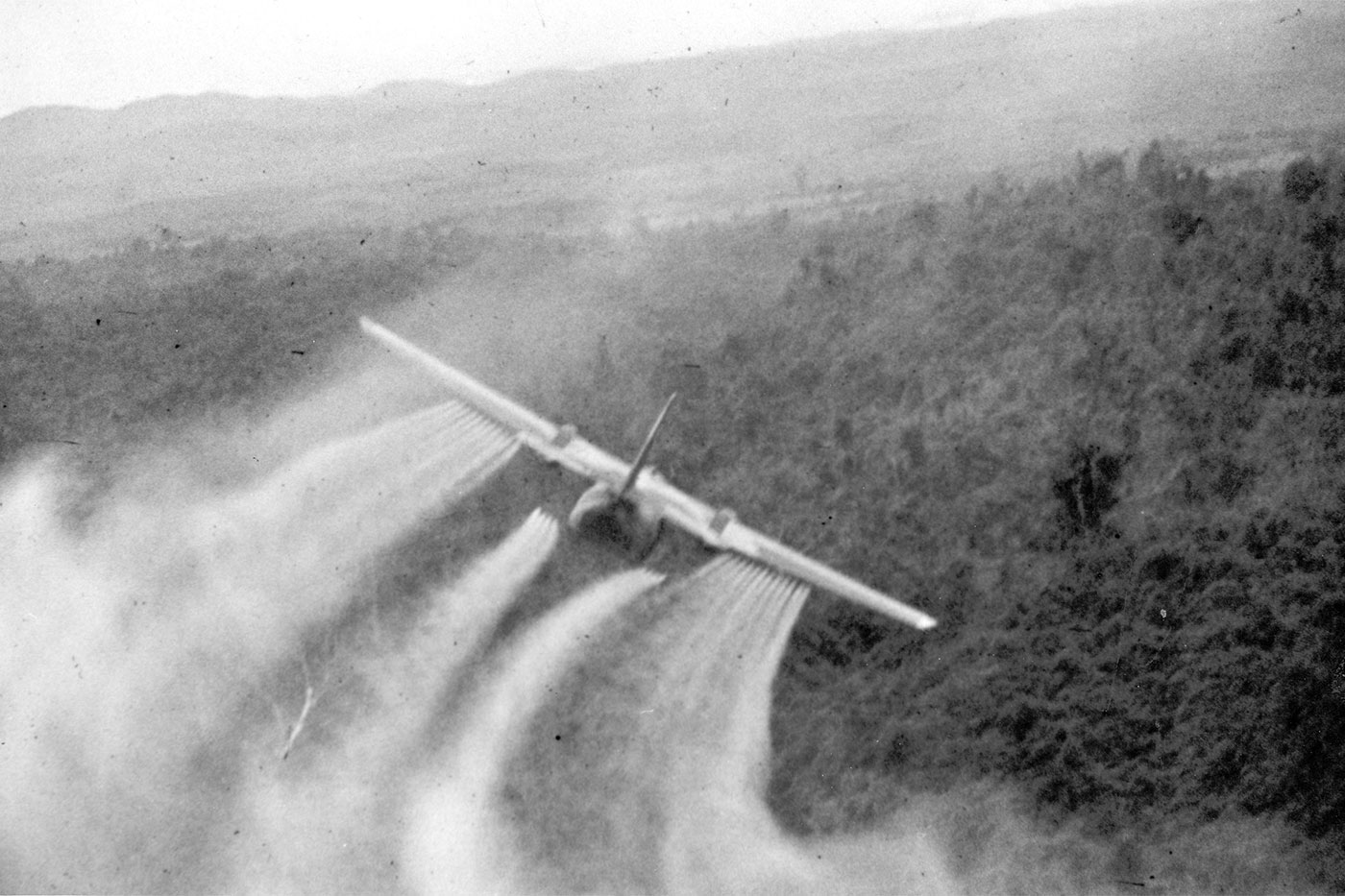The large collection features over 550 linear feet of litigation material used in the class-action lawsuit between Vietnam veterans and companies that produced Agent Orange.
Thanks to a grant from the National Endowment for the Humanities, Texas Tech University’s Vietnam Center & Sam Johnson Vietnam Archive (VNCA) has now made the Agent Orange Product Liability Litigation Collection accessible to the public for research purposes.
“Public perceptions about the Vietnam War remain filled with many myths, conspiracies and misunderstandings,” said Stephen Maxner, director of the VNCA. “By processing and making this collection available for research, the Vietnam Center & Sam Johnson Vietnam Archive is providing previously unavailable information and insight into one of the most controversial programs during the war – the use of chemical defoliants – and the long-term impact of its use on human health and the environment.”

The collection is one of the largest in the Sam Johnson Vietnam Archive and consists of over 550 linear feet of litigation material, including expert witness testimonies, plaintiff depositions, scientific studies, trial records and military documents outlining the usage of Agent Orange.
The Agent Orange class-action lawsuit took place between 1979 and 1984 and brought together many of the individual suits filed by Vietnam veterans against these chemical- producing companies. The plaintiffs claimed the product caused numerous health issues for themselves and their children. Before the trial was set to begin, the lawsuit was settled in May 1984, and $180 million was awarded to Vietnam veterans.
Devon Boerman, the archivist who helped process the entire Agent Orange collection, notes many veterans and their families at that time feared the trial’s evidence would remain secret or even be destroyed. However, Vietnam Veterans of America (VVA) successfully convinced the courts to remove as many access restrictions to the documents as possible.

“By making this collection accessible to the general public, we are fulfilling the VVA’s vision and ensuring that this information remains available for generations to come,” Boerman said.
Amy Mondt, associate director of the VNCA, sees this moment as an exciting time for researching the use of Agent Orange during the Vietnam War.
“The collection appeals to a wide range of audiences and offers amazing research potential beyond just writing a history of the Vietnam War,” Mondt said. “Veterans, legal scholars, scientists, medical professionals, historians and students can all use this valuable material for their projects.”
The collection is accessible to onsite research; however, Maxner says there are plans to digitize the materials, making them more accessible to a global audience.
“Until then, it is our hope that scholars and researchers will travel and use these new materials onsite to help start the process of rewriting this chapter in the history of the Vietnam War.”
About the Vietnam Center & Sam Johnson Vietnam Archive
The Vietnam Center and Sam Johnson Vietnam Archive collects and preserves the documentary record of the Vietnam War and supports and encourages research and education regarding all aspects of the American Vietnam Experience.

